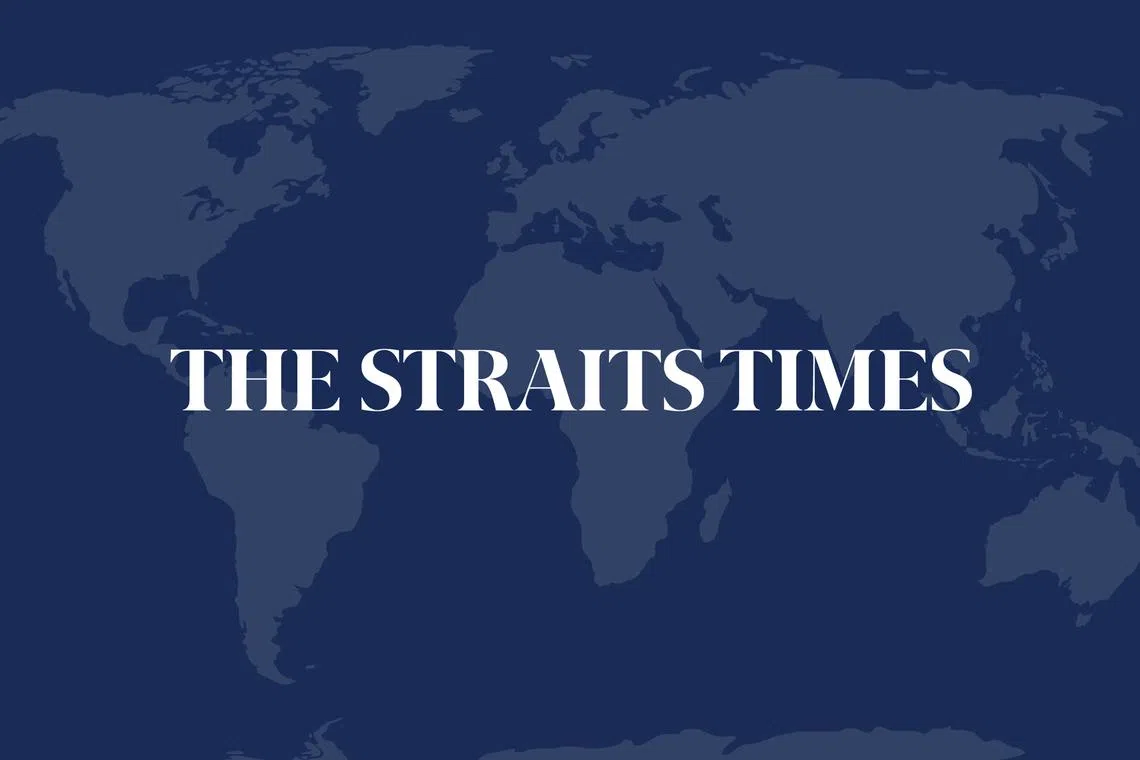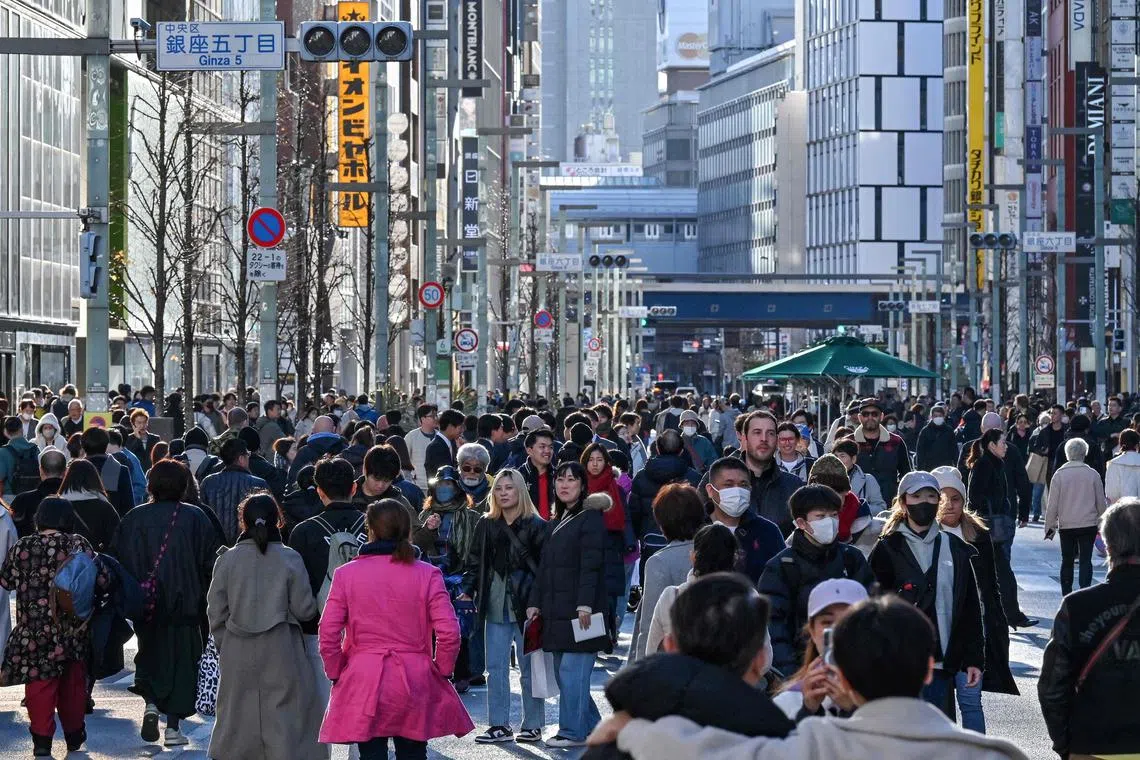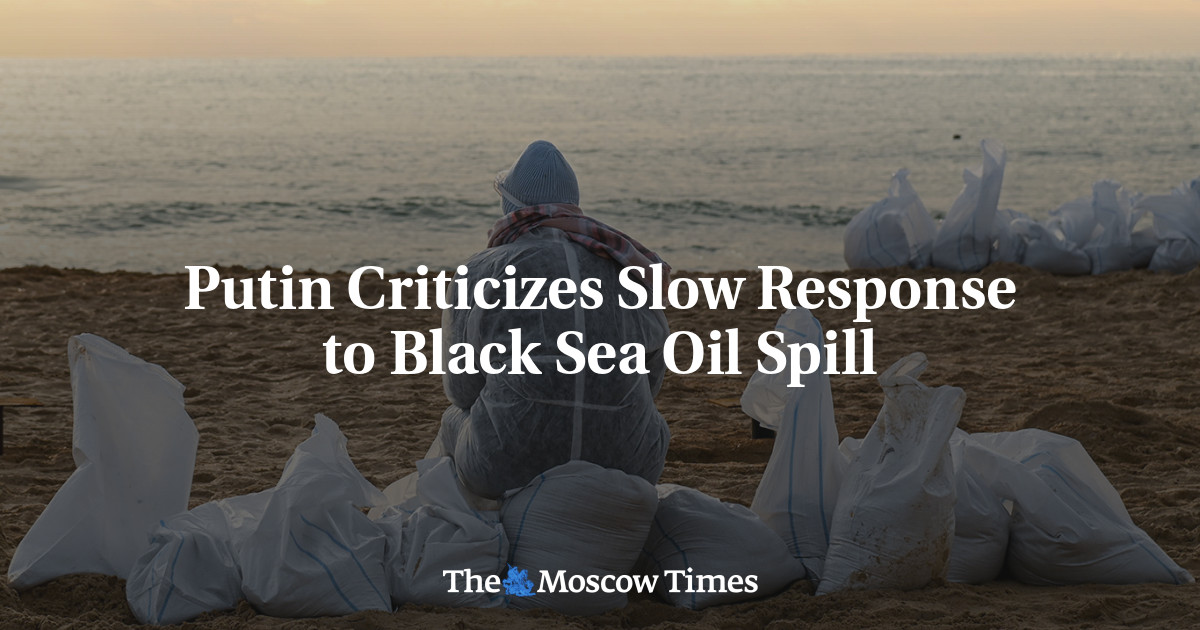In 2025, the Kazakh economy is set to grow at a relatively good clip, approximately 4.6 percent according to the IMF. This should give the government an opportunity to move on from recent economic challenges, such as the pandemic and economic dislocation from the war in Ukraine, and focus on the next stage of the country’s development. And it has a good plan to do so.
Last year, Kazakh President Kassym-Jomart Tokayev adopted a target of doubling GDP to $450 billion by 2029, when his presidency is scheduled to end. While this is extremely ambitious, the accompanying strategy sets out a credible plan to develop the economy and improve living standards.
At the core of the strategy is the recognition that Kazakhstan needs to encourage greater domestic and foreign investment by reducing the role of the state, both as an actor and as a regulator of markets. This approach has been long advocated by leading local policymakers, as well as international financial institutions.
However, last week, Tokayev made comments that raised questions about his commitment to the plan and Kazakhstan’s long-standing ambitions to develop a market economy. During an interview with a local media outlet, he described the work of his economic team as “mediocre,” adding that “there is too much rhetoric of international financial institutions and too little concrete action.”
The statements demonstrate a underlying contradiction in the Tokayev administration’s approach to the economy. On the one hand, it has developed an economic strategy focused on liberalization. On the other, it has called for a greater role of the state in the economy and, at times, embraced economic populism.
The “Social State” has its Limitations
During the interview, Tokayev described Kazakhstan as a “social state.” He is correct. State-owned enterprises generate around 35 to 40 percent of GDP and state lenders provide subsidized credit across the economy, to support everything from household mortgages to industrial projects. The government also uses price controls to limit the cost of key commodities for households such as gas and electricity, as well as gasoline and other fuel products.
The Tokayev administration has also introduced populist economic measures, such as offering car loans and paying down the personal debt of a significant proportion of the population. In his interview, Tokayev cited as a major policy win for 2024 a new scheme that transfers 50 percent of the profit from the National Oil Fund to savings accounts set up for each child born after 2006.
Given the recent economic shocks that Kazakhstan has faced, there is absolutely a need to support the population. The Kazakh economy is particularly vulnerable to external shocks given its dependence on revenues from oil and other globally traded commodities.
However, the limitations of state intervention are becoming increasingly apparent. In 2022 and 2023, Kazakhstan suffered severe blackouts across the country due to the heavily dilapidated state of its power generation facilities. The poor state of these facilities can be attributed to government price caps on electricity, which have led to consistent underinvestment in the energy sector. Shortages of electricity and gas will also make Kazakhstan more dependent on supplies from Russia this year.
Removing caps on commodity prices is essential to unlocking investment in the energy sector. Yet, this means increasing the cost of utilities for businesses and – critically – households, a measure that the government has been reticent to implement.
While less immediately visible, government policy is having other, more pernicious, impacts on the economy and living standards of the population.
A key problem is the role of government spending in driving inflation. Kazakhstan has a well-respected and relatively arms-length central bank, the National Bank of Kazakhstan (NBK). It performed well during the recent global inflation crisis, bringing down headline inflation from a peak of 21.3 percent in 2022 to 8.6 percent last year.
However, it has not been able push inflation below 8.3 percent to its target of 5 percent. While global inflationary dynamics play a role, the NBK and independent analysts consistently point out that ever-increasing government spending remains a major driver of inflation.
Excessive government spending also has serious fiscal implications. Given the recent economic difficulties – as well as crises such as last year’s devastating flooding – the government continues to spend beyond its means.
To make up budget deficits, the government has increasingly dipped into the National Oil Fund, which provides between a third and half of all budget revenue. It is also borrowing more, making debt an increasing concern. This year, the Kazakh government reports that it plans to spend 24 percent of its budget servicing debt. It has also tried to make up the shortfall with tax reforms, but has consistently put off the adoption of a new tax code.
Privatization Remains an Ambition – But Not Yet a Reality
The government has sought to foster greater competition and dynamism by reducing the role of the state in the economy. Yet the reality of policy suggests that significant privatization is unlikely.
The government is likely to delay initial public offerings (IPOs) of QazaqGaz and Kazakhstan Railways – scheduled for 2025 – after underwhelming IPOs of national oil company KazMunaiGaz and national airline Air Astana in the last two years. While market conditions may not be suitable for listings this year, there is also little evidence of urgency within the government to prepare these companies for listings.
The government has also passed legislation permitting it to increase the state’s presence in the economy. At the end of 2023, it passed amendments that would give national oil company KazMunaiGas a 50 percent stake in any new oil venture. According to media reports, similar measures for national uranium company KazAtomProm are also under consideration and could be adopted in 2025.
Kazakhstan Needs to Demonstrate Resolve on the Economy
Despite the turbulence of recent years, the Tokayev administration has made some good strides on the economy. A lot of this work has gone unnoticed, but measures to reduce the role of monopolies and develop internal (as well as regional) transport and infrastructure have stimulated economic activity. Digitalization is another area that has progressed well under Tokayev.
Tokayev has also signed strategic agreements with the United States and European Union on new industries, such as hydrogen and critical minerals. This year, it is possible that the government will improve the tax environment for such ventures by adopting a royalty system in the mining sector.
Aside from the economic benefits, deregulation is also critical for meeting Kazakhstan’s target of reaching net zero by 2060. Market prices in the electricity sector will stimulate the transition from coal, on which the electricity network currently depends. Currently, government direct and indirect subsidies have reduced the consumer price of coal by as much as 35 per cent. Without such subsidies, it is possible that renewable sources and gas could become much more competitive.
This year, Tokayev will mark his sixth year in office. The constitution states that he has only four years left to make his mark. Delivery of these reforms could see Kazakhstan transformed by 2029, even if his administration does not reach its goal of doubling GDP.

 By The Diplomat | Created at 2025-01-10 14:23:21 | Updated at 2025-01-15 12:33:36
4 days ago
By The Diplomat | Created at 2025-01-10 14:23:21 | Updated at 2025-01-15 12:33:36
4 days ago








